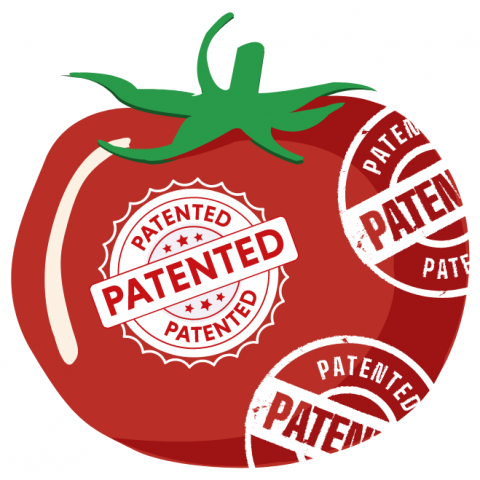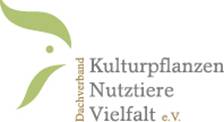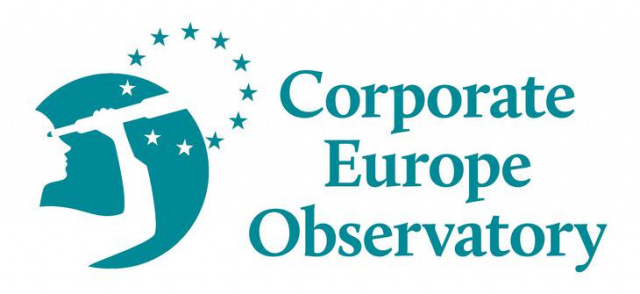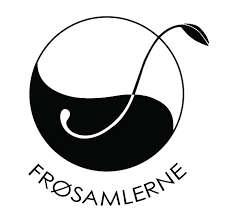15 April 2024 / Research carried out by No Patents on Seeds! shows how CRISPR/Cas technology is being used to take exclusive control of conventionally-bred tomatoes: there are currently more than 20 pending international patent applications for tomato plants with resistance to the aggressive Tomato Brown Rugose Fruit Virus (ToBRFV or TBRFV, also called ‘Jordan’-Virus). The filed patent applications cover both genetically engineered and conventionally-bred plants, and may significantly hamper or block the work of European breeders. The patents were filed by ten companies, including BASF, Bayer, Rijk Zwaan and Syngenta.
[versión en castellano en la página de Sierra Norte Libre de Transgénicos]
 Several naturally occurring gene variants which may confer resistance to the virus have already been found. Therefore, there is no need for genetic engineering, as new varieties with the desired trait can be obtained from conventional breeding methods. Nevertheless, the patent applications include examples of random mutagenesis and new genomic techniques (NGTs), e. g. CRISPR/Cas, which were added as toppings, raising the impression of technical inventions.
Several naturally occurring gene variants which may confer resistance to the virus have already been found. Therefore, there is no need for genetic engineering, as new varieties with the desired trait can be obtained from conventional breeding methods. Nevertheless, the patent applications include examples of random mutagenesis and new genomic techniques (NGTs), e. g. CRISPR/Cas, which were added as toppings, raising the impression of technical inventions.
The problem: The patent applications filed for the virus-resistant tomatoes are not restricted to genetically engineered plants, they also claim plants inheriting genetic variations resulting from non-targeted processes. In fact, random mutations are being used as a kind of ‘Trojan Horse’ to expand patent monopolies to conventionally-bred tomatoes.
European patent law only allows for patents on genetically engineered plants, including NGTs. In contrast, patents on plant varieties and non-inventive methods of breeding of plants are prohibited. This prohibition is meant to safeguard what is known as breeders’ privilege: Currently, breeders are free to use all conventionally-bred varieties on the market to breed and market their own new, improved varieties. This freedom to operate is now under threat. If these patents are granted, breeders will no longer be free to use all conventionally bred varieties.
Similar patents have already been granted. Even though the EU tried to stop this practice in 2017, the European Patent Office continues to grant patents on conventionally-bred plants. Meanwhile, more than 1.000 European plant varieties are affected by patents.
In this context, random mutagenesis is used as the decisive loophole to grant such patents. The mutations can be triggered by sunlight, radiation or chemical compounds. Genetic variations obtained from random mutagenesis have been used in plant breeding for decades without patents being filed to claim the plants. According to European patent law, these non-predictable and non-targeted processes cannot be regarded as technical inventions.
Patent thickets consisting of 20 or more patents filed by 10 different companies are making it extremely difficult and complex when deciding which company to ask for a licence. It is also currently unclear which patents will be eventually granted, thus making it difficult to know which patents may be filed in future, if at all. As a result, these patents are stopping conventional breeders from developing tomatoes resistant to the virus, which is known to be very harmful and could possibly result in a total loss of the harvest.
The EU could change the interpretation of European patent law by clarifying that (if at all) only genetically modified plants can be patented. Patents on plants derived from processes, such as crossing, selection, and usage of random or naturally occurring genetic variations should remain to be completely prohibited. Furthermore, there has to be legal assurance that if patents are granted on genetically engineered plants, these must not extend to conventionally-bred plants with the same properties.
These clarifications in European patent law are urgently needed to stop big companies from taking control of the genetic resources needed for our future food production. The necessary legal provisions could be integrated into a new directive on plant reproductive material. The EU parliament will vote on this issue on 24 April.
Contact
- Johanna Eckhardt, project coordination, No Patents on Seeds!, johanna.eckhardt@no-patents-on-seeds.org, + 43 680 2126 343
Further information
- The report on the tomato patent:
https://www.no-patents-on-seeds.org/en/report-tomato
---
You can share our posts about this press release on Facebook and X or share the direct link to this press release: https://www.no-patents-on-seeds.org/en/news/tomato-patent













